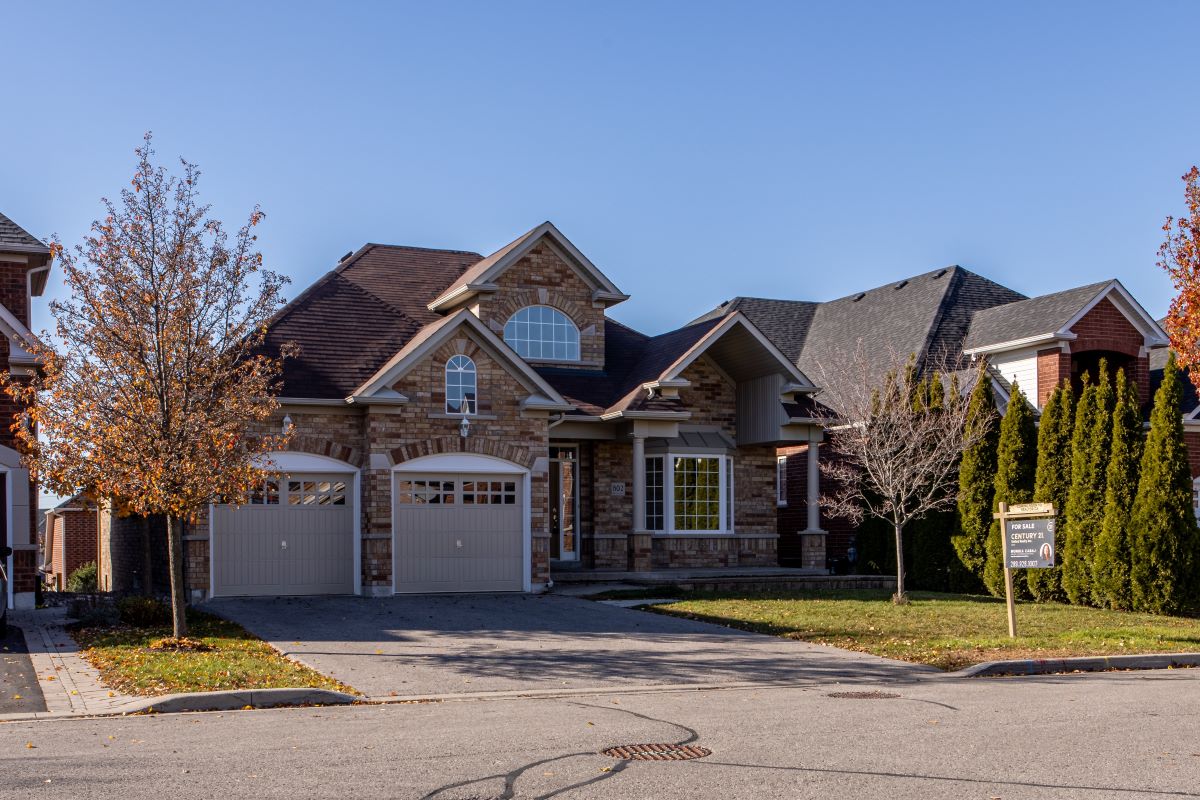

Agent A-Team or Solo Superhero? Finding the Right Real Estate Partner for Your Selling Journey in Wildwood Florida
When it comes to selling your home in Wildwood, Florida,…
January 29, 2024
When it comes to the ever-evolving world of real estate, the accuracy of home value estimators has become a pivotal point of interest. Whether you’re a homeowner curious about your property’s worth or a potential buyer looking to make an informed decision, understanding the factors that affect the precision of these estimators is crucial. In this article, we delve deep into the realm of home value estimator accuracy in Washington, shedding light on the intricate mechanisms that drive them and providing you with actionable insights. Let’s embark on this journey of uncovering the nuances that determine the reliability of these estimators.
In this digital age, home value estimators have transformed the way we gauge real estate values. These estimators rely on complex algorithms that consider a plethora of data points to provide an estimated value for a property. These algorithms factor in variables like property size, location, recent sales data, and local market trends. The amalgamation of these elements aims to generate a fairly accurate estimate. However, the devil is in the details, and understanding the influencing factors is vital.
As the age-old real estate adage goes, location plays a pivotal role in determining property value. Home value estimators tap into this truth, giving substantial weight to the geographical location of a property. Factors like proximity to schools, amenities, crime rates, and local development projects all contribute to the value estimation. In Washington, neighborhoods can vary significantly in terms of desirability, leading to varying degrees of accuracy in estimations.
One of the cornerstones of home value estimation lies in the comparison with similar properties that have recently been sold in the same area. These comparable sales, often referred to as “comps,” provide a benchmark against which the subject property is evaluated. Estimators consider the sale prices, square footage, number of bedrooms and bathrooms, and other relevant features to establish an estimate. However, the availability and accuracy of comp data greatly affect the reliability of the estimation.
Real estate markets are dynamic, influenced by economic indicators, interest rates, and supply and demand fluctuations. Home value estimators incorporate these trends to anticipate how the market might impact a property’s value in the future. A robust understanding of Washington’s real estate market trends is essential to interpret these estimations accurately.
The specifics of a property, including its age, condition, and any upgrades, significantly impact its value. Estimators take these into account to assess a property’s overall appeal. A well-maintained and updated property is likely to receive a higher estimate than one in need of repairs. Therefore, home improvement efforts can positively influence estimator accuracy.
Behind the scenes, the algorithms that power home value estimators are intricate webs of mathematical equations. These algorithms are designed to adapt to various data inputs, which can sometimes lead to variations in estimations. Understanding that estimators are based on algorithms and are not absolute, fixed values is vital to interpreting their results.
Now that we’ve unraveled the key factors that influence home value estimators, it’s time to understand how to interpret the results they provide. It’s important to recognize that these estimations are not cast in stone. They provide a ballpark figure based on available data and algorithms. As a homeowner or buyer, it’s crucial to approach these numbers with a degree of flexibility and skepticism.
Home value estimations often come with a range, indicating the potential variability in the property’s value. This range underscores the inherent uncertainties in real estate valuation and acknowledges the potential impact of external factors.
While home value estimators are valuable tools, they’re not a substitute for the expertise of real estate professionals. Consulting with a real estate agent or appraiser who possesses local market knowledge can provide a more comprehensive understanding of a property’s value.
Given the dynamic nature of the real estate market, regularly monitoring market trends and updates is a wise move. Staying informed about shifts in supply, demand, and economic indicators can help you contextualize and validate estimator results.
In the ever-evolving landscape of Washington’s real estate market, home value estimators have emerged as convenient tools to gauge property values. However, the accuracy of these estimators hinges on a multitude of factors, from the property’s location and characteristics to the intricacies of algorithmic calculations. As consumers, it’s vital to recognize that while estimators provide valuable insights, they’re not infallible predictors of a property’s value. By understanding the nuances of these estimators and supplementing them with expert opinions and market insights, you can make more informed decisions in the realm of real estate.
Estimators consider market trends and indicators to anticipate how a property’s value might change in the future. However, these predictions are not foolproof and are subject to the volatility of the real estate market.
Using a home value estimator periodically can help you stay updated on your property’s potential value. However, remember that the market is dynamic, so don’t solely rely on estimations when making important real estate decisions.
Home value estimators often struggle with unique or customized homes that deviate significantly from the norm. These properties may require a more nuanced valuation approach, such as hiring an appraiser.
Most home value estimators are designed for residential properties and may not be suitable for commercial real estate. Commercial properties have different valuation criteria, so it’s best to consult professionals in that specific field.
The frequency of data updates varies among different estimators. Some may update their data monthly, while others might do so less frequently. It’s essential to consider the freshness of the data when interpreting estimations.


If you want the Richr team to help you save thousands on your home just book a call.

